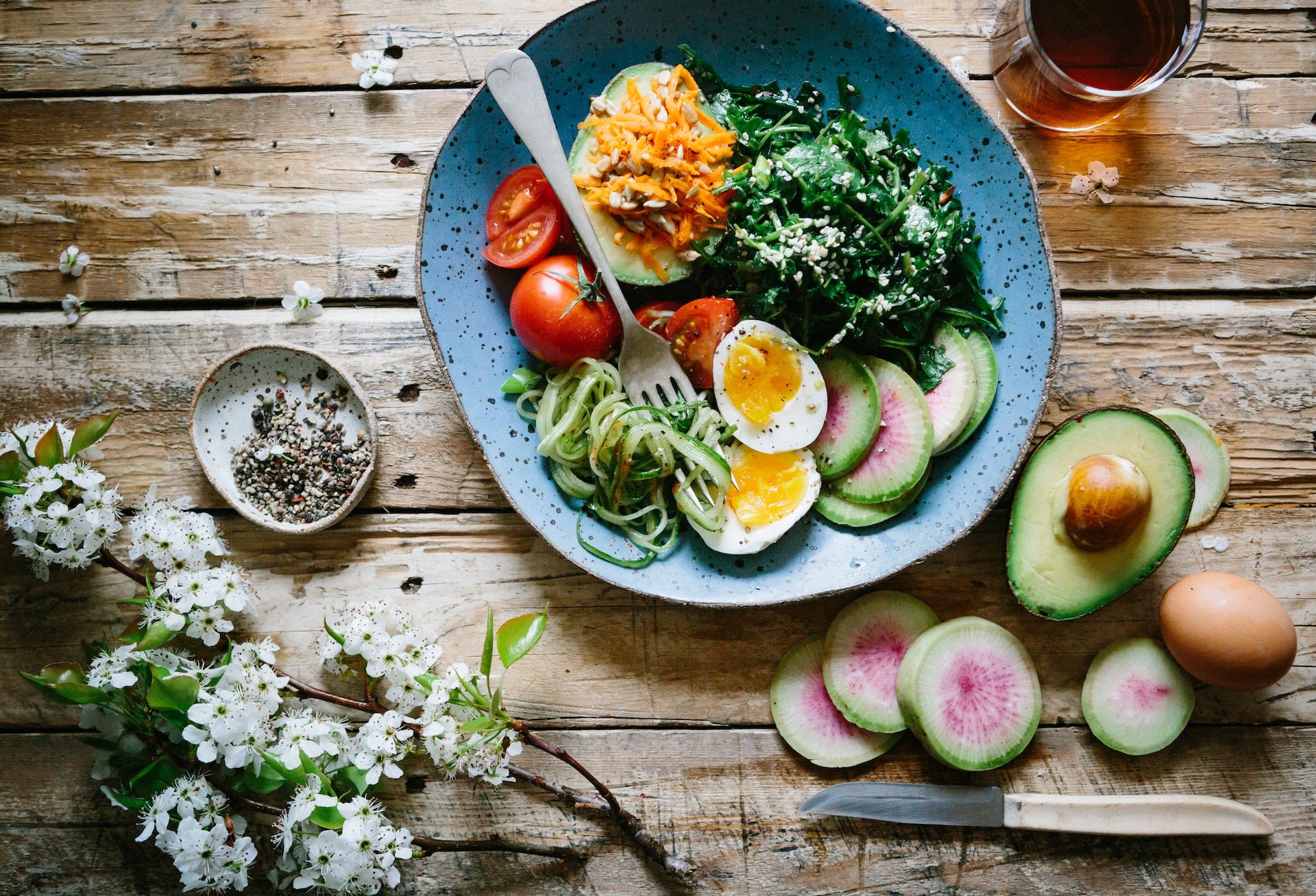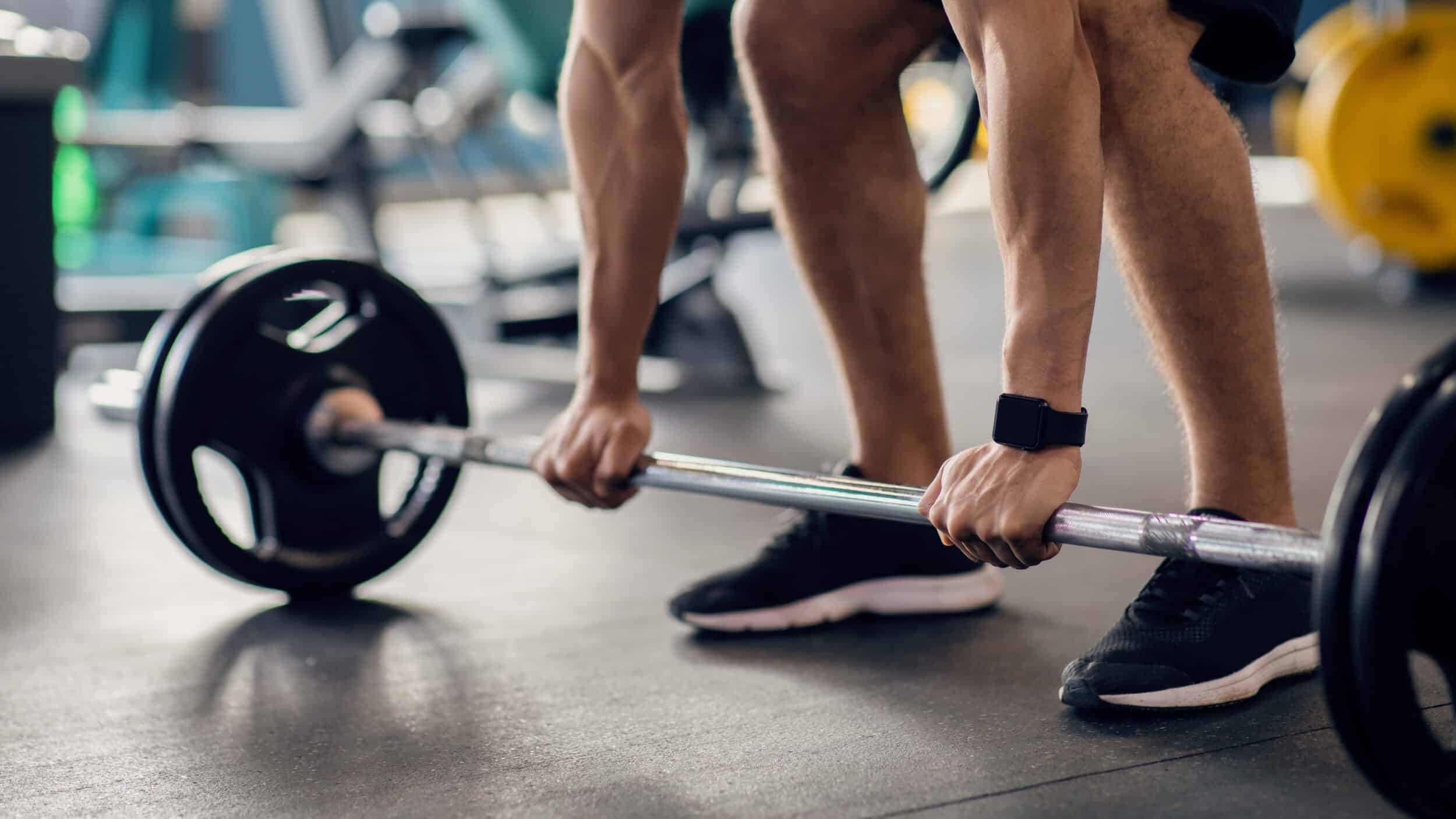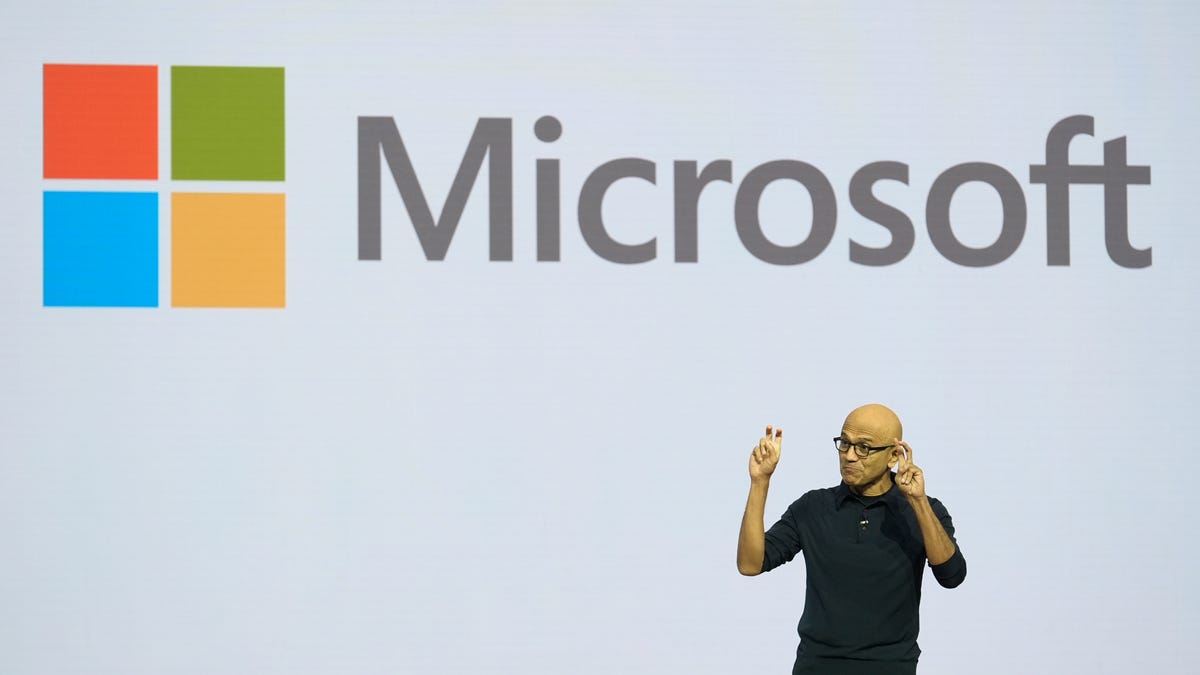Table of Contents
1. Adopt a diversified diet adapted to your needs
Food plays a crucial role in our daily lives. Indeed, it not only contributes to our growth, but also to the prevention of certain diseases. So, to maintain good health, it is important to eat a variety of foods.
We won’t teach you anything by telling you that sporting activities are beneficial for your health. Today, running is one of the most popular sports among active men. E…Read more
Fruits and vegetables
It is strongly recommended to integrate fresh fruits and vegetables in his daily diet. They are rich in vitamins, minerals, fibers and antioxidants which contribute to the proper functioning of the body.. In addition, they also help prevent various pathologies such as cardiovascular diseases, certain cancers and diabetes.
Starches and whole grains
Starchy foods and whole grains are also essential elements of a balanced diet. They are an important source of complex carbohydrates as well as plant proteins. These nutrients are essential to provide the energy that the body needs during physical activity.
©Brooke Lark/ Unsplash

Dairy products
Dairy products such as yogurt, cheese and milk are rich in calcium, a mineral which contributes to the strength of bones. Consuming these foods regularly can therefore help prevent fractures due to shocks suffered during sports training.
Fatty and lean fish
Consume poisson is also beneficial as part of a healthy diet. In fact, the oily fish (salmon, tuna, mackerel) are rich in omega-3, while lean fish (cod, sole, hake) are lower in lipids. It is recommended to alternate between the two types of fish at least twice a week to benefit from their benefits.s.
Vegetable oils
Finally, favor vegetable oils such as rapeseed, walnut and olive oil for cook your dishes. They are a valuable source of monounsaturated fatty acids, essential for maintaining a good lipid balance.
©Steve Buissinne / Pixabay

2. Adapt your diet according to your physical activity
Regular physical activity is just as important as diet for good health. However, it is necessary to adapt your diet according to your energy needs and the specificities of your sport.
Foods to choose before exercise
Before a sports session, it is recommended to consume a meal rich in complex carbohydrates (starches, whole grains) and low in lipids. This will prevent cravings and provide sufficient energy to the body during exercise.
Foods to eat during exercise
During physical activity, it is important to hydrate regularly with water or an isotonic drink to compensate for water and mineral losses. Light snacks such as a banana or an energy bar can also be taken if the effort is particularly intense or prolonged..
Foods to eat after exercise
After the sportit is crucial to replenish your energy reserves and repair stressed muscle tissues. We will therefore be careful to favor proteins (lean meats, fish, eggs), complex carbohydrates and vegetables rich in vitamins and minerals.

3. Plan your meals and listen to your body
Planning your meals and listening to your feelings of hunger and satiety are also essential to succeed in reconciling diet and physical activity optimally.
Plan your meals
It is important to have an eating routine to avoid unwanted snacking and facilitate digestion.. Therefore, it is advisable to eat three main meals per day (breakfast, lunch, dinner) as well as two snacks if necessary depending on your appetite and level of physical activity.
- Breakfast : Choose a complete breakfast including fruit, whole grains, a dairy product and a source of lean protein.
- Lunch : opt for a balanced plate consisting of a portion of vegetables, a portion of starchy foods, a source of protein and a dairy product.
- Dinner : focus on a light meal with soup or salad, lean proteins and a portion of vegetables. Be careful not to demonize starchy foods in the evening, they are not that bad, you just need to know how to choose them and eat them raw.
- Snacks: choose healthy, low-calorie foods such as fruits, nuts, yogurt or raw vegetables. Discover our 4 snack recipes for energy snacks.
©Taryn Elliott – Pexels

Listen to your body
Finally, learn to listen to your body is essential to maintaining a healthy relationship with food and exercise. This allows you to better identify your needs and respect your feelings of hunger and satiety. In this way, we avoid excesses or dietary restrictions which could harm our well-being and our sporting performance.
By following these three incredible tips, you will be able to effectively combine a healthy and varied diet with regular physical activity, to fully benefit from the benefits of a balanced lifestyle. Looking closer, these three tips should be the norm, right?
 What are some specific examples of foods to include in meals and snacks to support physical activity? How can planning meals and snacks help optimize energy levels for exercise? Do you have any personal experiences or anecdotes related to balancing diet and exercise that you’d like to share? Can you discuss the importance of adapting your diet based on the type of physical activity you engage in? How do you incorporate post-workout nutrition into your routine to support muscle repair and recovery? Additionally, what are your thoughts on the concept of “listening to your body” when it comes to diet and exercise?
What are some specific examples of foods to include in meals and snacks to support physical activity? How can planning meals and snacks help optimize energy levels for exercise? Do you have any personal experiences or anecdotes related to balancing diet and exercise that you’d like to share? Can you discuss the importance of adapting your diet based on the type of physical activity you engage in? How do you incorporate post-workout nutrition into your routine to support muscle repair and recovery? Additionally, what are your thoughts on the concept of “listening to your body” when it comes to diet and exercise?

